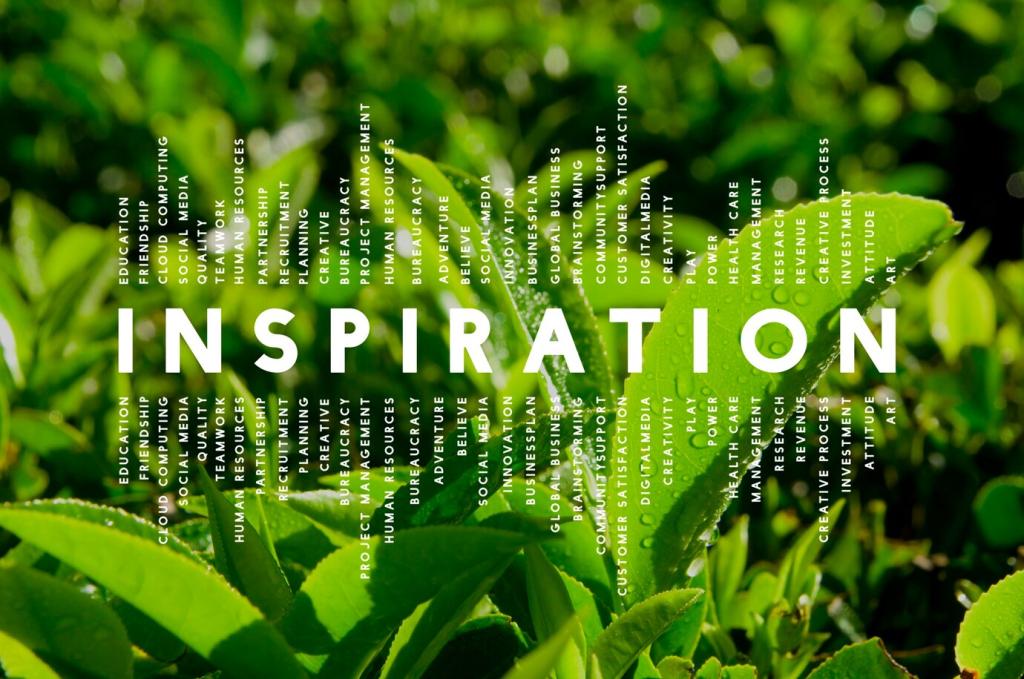Ethical Practices in Modern Fashion Industry
The modern fashion industry is undergoing a transformative shift as consumers, brands, and stakeholders increasingly prioritize ethics. This web page examines how the fashion sector is integrating responsible practices throughout its operations, from the sourcing of raw materials to the final sale. By exploring key aspects of transparency, fair labor, environmental stewardship, and consumer responsibility, the following sections offer a comprehensive understanding of what ethical fashion means today and why it’s essential for the future of the industry.
Transparency and Accountability
Supply Chain Disclosure
Fashion brands are facing increasing pressure to disclose details about their entire supply chain, from the origin of raw materials to the final stages of production. By publishing information about their factories and suppliers, companies encourage responsible governance and foster trust with consumers. Greater traceability not only helps in identifying potential areas of concern, such as labor abuses or unsafe working conditions, but also incentivizes suppliers to adhere to higher ethical standards. Through regular auditing and third-party verification, brands can demonstrate genuine commitment to ethical practices beyond marketing slogans.
Corporate Responsibility Reports
More companies are releasing annual or bi-annual corporate responsibility reports that detail their progress on ethical initiatives. These documents often cover labor conditions, environmental impact, charitable partnerships, and steps taken toward diversity and inclusion. By providing quantitative metrics and tangible stories, these reports offer a roadmap for continuous improvement, making it easier for stakeholders to evaluate long-term commitments. While some criticism remains about the reliability of self-reported information, third-party ratings and certifications are helping to standardize expectations for transparency and authenticity in these disclosures.
Consumer Empowerment
Transparent practices empower consumers to make informed choices about the clothing they purchase. With access to information on labor, materials, and environmental impact, shoppers can support brands that align with their values. The rise of digital tools and apps that grade companies on ethical performance further extends this empowerment, turning everyday shopping into an act of advocacy. In the long term, consumer demand for accountability is helping to reshape industry norms and drive widespread adoption of ethical standards.
Fair Labor and Worker Wellbeing
Living Wages and Safe Working Conditions
Progressive fashion brands are committing to paying living wages rather than minimum wages, especially in regions where minimum standards fall short of meeting workers’ basic needs. Investments in safer factories—not just to comply with local laws, but to create genuinely healthy environments—reflect a shift in industry mindset toward long-term sustainability. These commitments include providing break areas, clear safety drills, and transparent grievance systems. Improved oversight also allows workers to voice concerns without fear of retaliation, further promoting dignity and security at work.
Ethical Auditing and Worker Voice
Third-party audits of factories and supplier sites have become key tools for verifying ethical claims. While audits alone cannot guarantee fair treatment, when combined with interviews, independent monitoring, and worker-led committees, they can drive real progress. Some brands are pioneering mechanisms that give workers direct input into workplace decisions, such as worker representation bodies or anonymous reporting hotlines. Establishing these channels not only uncovers hidden abuses but also empowers employees to become agents of positive change in their workplaces.
Combating Forced and Child Labor
A major ethical challenge in fashion production is combating forced labor and child labor, particularly in lower-tier suppliers and resource extraction stages. Brands adopting rigorous vetting and ongoing monitoring of their partners help eliminate these abuses from their supply chains. By engaging with local communities, non-governmental organizations, and government agencies, the fashion industry is better able to detect and address root causes, such as poverty and lack of education, offering alternative pathways for at-risk populations.

Environmental Stewardship
Brands are increasingly sourcing sustainable materials like organic cotton, recycled polyester, and innovative fibers derived from renewable sources. Sustainable sourcing means more than just selecting eco-friendly fabrics; it encompasses a holistic approach that considers the environmental impact of farming, processing, dyeing, and transportation. Collaboration with certification schemes assures consumers that materials have been responsibly harvested or recycled, helping to limit resource depletion and biodiversity loss while minimizing overall harm to local ecosystems.

